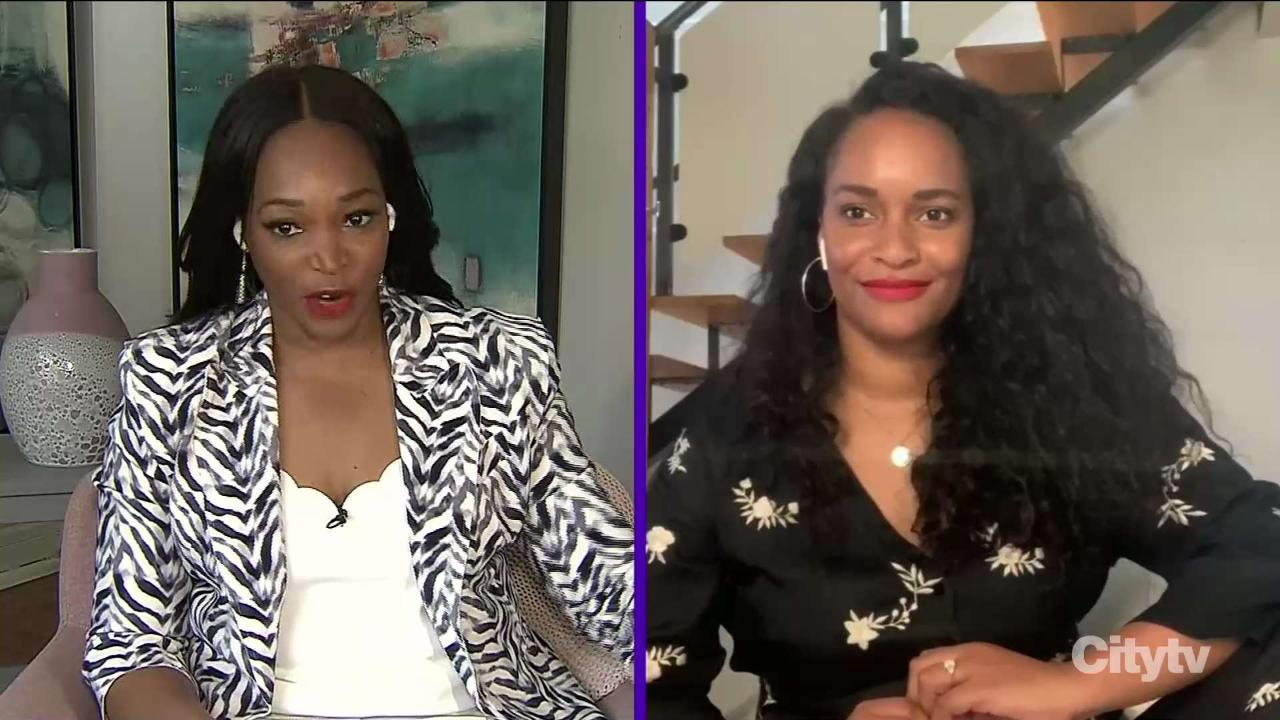Over the past few weeks, all over the world, protests emerged against police brutality and systemic racism following the death of George Floyd. It has led to sometimes uncomfortable, but always important, conversations. “Not everything that is faced can be changed. But nothing can be changed until it is faced,” wrote the late James Baldwin.
We can’t solve a problem if we can’t talk about it. Creating honest dialogue for the future generation starts with today’s conversations. And as the adults grapple with this, kids are watching. Karlyn Percil explores ways parents can talk to their kids about race and racism.
- Get Comfortable With How Uncomfortable It Will Be
Parents must first get comfortable with how uncomfortable talking about race and equality with their children. Current events can be difficult for children to understand however, positive discussions about race and racism are important to have with children. - Revisit Your Home Culture
Revisit your home culture and ask the question what does it look like currently to have brave conversations at home? Honest conversations are sometimes difficult because they don’t provide the same comfort as easy conversations. However these dynamic talks allow for questions to continue revising the culture of thought. - Create A “Communication Care Process”
Create a communication care process for the hard questions or the one’s mommy and daddy cannot answer. Becoming aware that you may not have all the answers is important as it allows you to explain thoroughly issues that arise. - Walk Through Your Own Vulnerability First
Walkthrough your own vulnerability first, discuss with each other on the approach and how to create psychological safety for yourself first to deal with the overwhelm that will come and then use that to create one for the children. - Remember Emotions Are Data
Emotions are data so find containers for that data – outlets to process, to fuel the “I don’t understand that children might have. Model the behaviour that you want your children to embody. Listen to them as their questions and insights will teach you – their innocent questions might give you new perspective on what’s going on.



